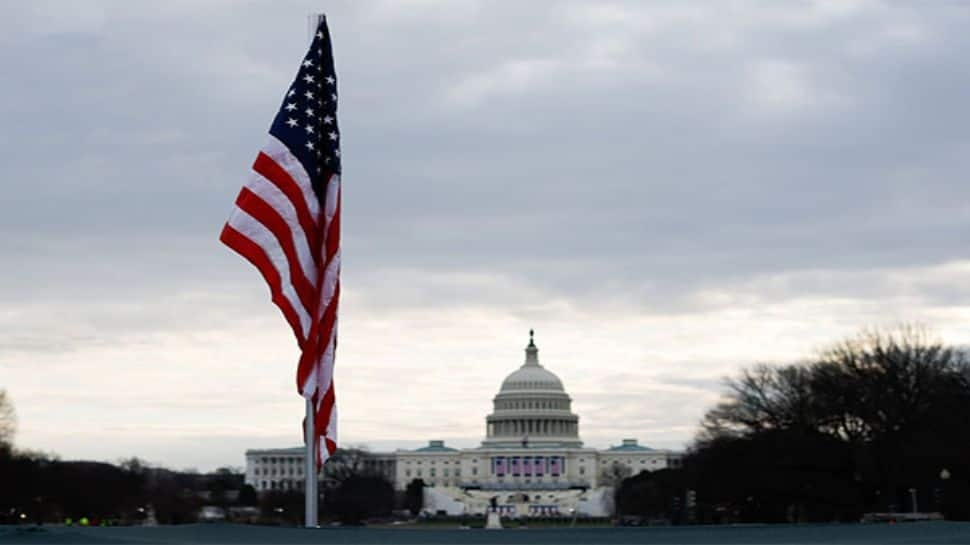USCIS Clarifies $100,000 H-1B Fee Scope: Impact on International Applicants and Students
While offering relief to current U.S. residents and existing H-1B holders, this fee creates a substantial new financial barrier for skilled professionals seeking to enter the U.S. on a new H-1B visa from abroad.

Article Summary
USCIS has clarified that the $100,000 H-1B fee, stemming from a recent White House order, applies only to new H-1B petitions filed for beneficiaries outside the United States after September 21, 2025. This means individuals already in the U.S. seeking a change of status, as well as existing H-1B holders applying for extensions or amendments, are exempt from this specific charge. The clarification follows widespread alarm among employers and international students, with the US Chamber of Commerce having filed a lawsuit against the initial broad interpretation.
[ Sentiment: neutral | Tone: factual ]
This summary and analysis were generated by TheNewsPublisher's editorial AI. This content is for informational purposes only; it does not constitute legal or immigration advice.
TNP AI: Key Insights
The USCIS clarification provides crucial relief for many H-1B stakeholders, particularly F-1 students seeking to transition to work visas and employers sponsoring individuals already within the U.S. This avoids a widespread disruption to domestic talent pipelines and existing H-1B workforce planning, addressing immediate anxieties in the tech sector and among international students.
However, the $100,000 fee still represents a significant barrier for new H-1B applicants residing outside the U.S., particularly from countries like India that heavily utilize the H-1B program. This policy could compel employers to prioritize in-country talent pools or consider skilled worker programs in other nations, exacerbating global competition for talent, especially as the U.S. Chamber of Commerce's lawsuit against the initial order remains active.




